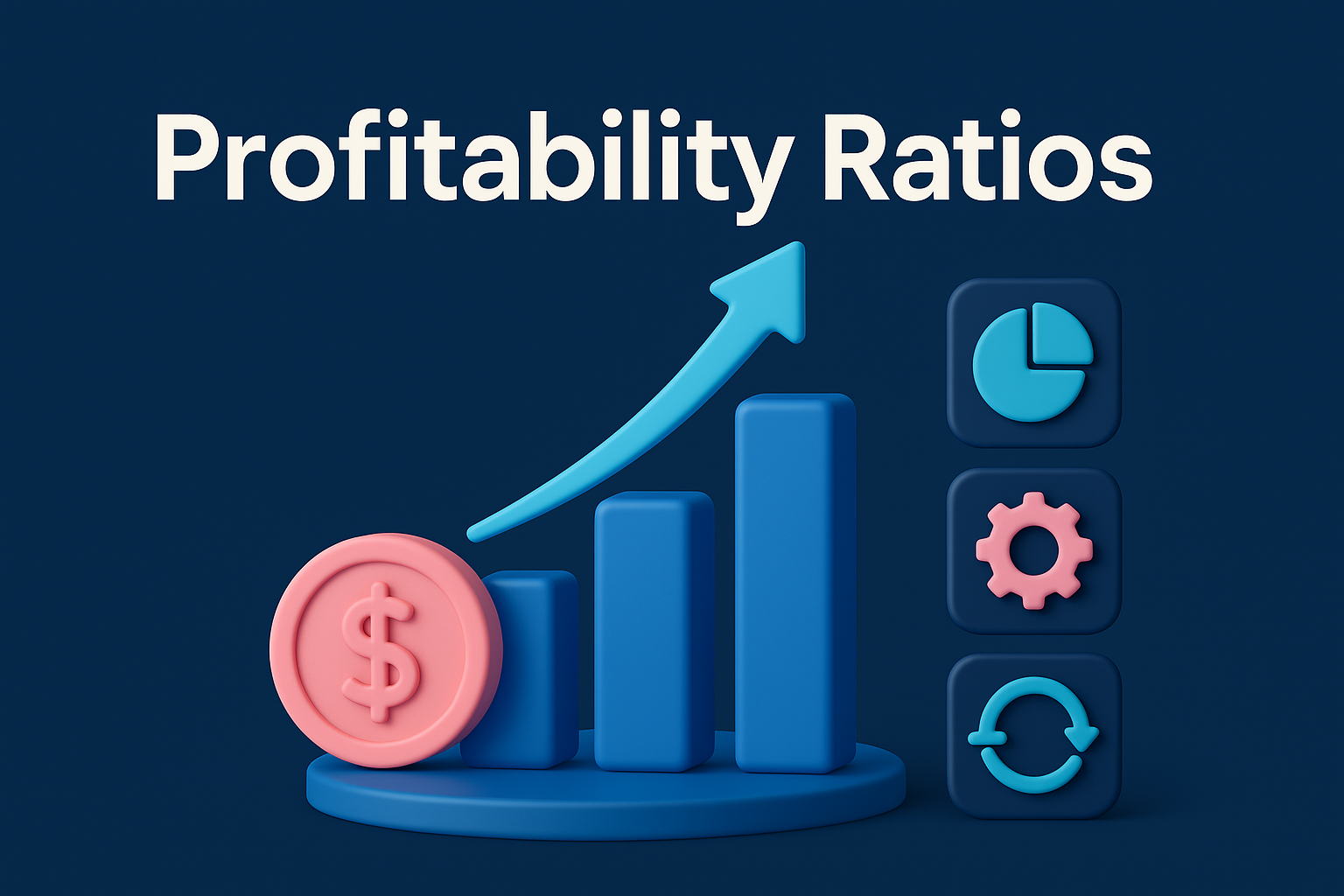Introduction
As businesses accelerate their digital transformation journeys, one technology continues to redefine how we operate, scale, and innovate — Cloud Hosting. It has become the silent force powering everything from small websites to global enterprises, allowing organizations to offload infrastructure headaches and focus on growth.
Whether you’re running an e-commerce platform, a mobile app, or enterprise software, cloud hosting delivers flexibility, scalability, and efficiency like never before.
In this guide, we’ll explore:
-
What is cloud hosting?
-
How it works
-
Its key benefits
-
Types of cloud hosting
-
Use cases across industries
-
How to choose a provider
-
And the future of cloud hosting
What Is Cloud Hosting?
Cloud hosting is a type of web hosting where websites, apps, or systems are hosted on virtual servers that pull computing resources from a network of physical servers in the cloud.
Unlike traditional hosting (e.g., shared or dedicated), cloud hosting offers:
-
High availability
-
Real-time scalability
-
Load balancing
-
Redundancy
-
Flexible pricing models
Resources are distributed across multiple data centers, reducing the risk of downtime and ensuring business continuity.
How Does Cloud Hosting Work?
Cloud hosting works through virtualization — a hypervisor splits a physical server into multiple virtual machines (VMs). These VMs are connected to a large network of interconnected servers known as the cloud.
If one server fails, another takes over. This ensures continuous service availability and optimal performance.
Key Benefits of Cloud Hosting
Here’s why cloud hosting has become the default choice for modern applications:
1. Scalability on Demand
Need more CPU, RAM, or storage? Scale instantly without migrating to a new server or facing downtime. Cloud hosting is perfect for businesses experiencing variable or rapid growth.
2. Reliability and Uptime
Since data is mirrored across multiple servers, hardware failure doesn’t mean data loss or downtime. Most providers offer 99.9% uptime or higher.
3. Cost-Efficiency
You pay for what you use — no more, no less. Cloud hosting follows a pay-as-you-go or subscription-based pricing model, eliminating large upfront hardware investments.
4. Enhanced Security
Cloud hosts implement enterprise-grade firewalls, encryption, DDoS protection, and continuous monitoring. Plus, most allow user-level access control and automated backups.
5. Global Accessibility
Data and apps hosted in the cloud are accessible from anywhere. This supports remote work, multi-branch operations, and international scalability.
6. Automatic Updates
Cloud servers receive real-time security patches and OS updates from the provider — reducing your IT maintenance burden.
Types of Cloud Hosting
There’s no one-size-fits-all. Here are the main types of cloud hosting:
1. Public Cloud Hosting
-
Shared infrastructure across multiple customers
-
Cost-effective and scalable
-
Examples: Amazon Web Services (AWS), Google Cloud, Microsoft Azure
2. Private Cloud Hosting
-
Dedicated infrastructure for one organization
-
More control and security
-
Ideal for regulated industries like finance or healthcare
3. Hybrid Cloud Hosting
-
Mix of on-premises, private cloud, and public cloud
-
Offers flexibility and compliance
4. Managed Cloud Hosting
-
Provider handles setup, maintenance, and support
-
Great for businesses without in-house IT teams
Common Use Cases
Cloud hosting is used across every industry and business type:
-
E-commerce: Handle spikes during sales campaigns
-
SaaS Platforms: Deploy scalable, globally accessible software
-
Startups: Launch MVPs with minimal investment
-
Education: Host learning management systems and student portals
-
Healthcare: Securely store and access patient data
-
Finance: Support online banking and secure transactions
-
Media & Streaming: Distribute high-quality content globally
Cloud Hosting vs. Traditional Hosting
| Feature | Cloud Hosting | Traditional Hosting |
|---|---|---|
| Availability | High (Multi-server) | Medium to Low |
| Scalability | Instant and unlimited | Limited and manual |
| Cost Structure | Pay-per-use | Fixed monthly/yearly |
| Setup Time | Minutes | Hours or days |
| Maintenance | Minimal | High (Self-managed) |
| Performance | Optimized with load balancer | Dependent on one server |
How to Choose a Cloud Hosting Provider
Not all cloud hosting services are created equal. Consider these factors:
-
Uptime Guarantee – Aim for 99.99% or higher
-
Security Protocols – SSL, firewalls, and compliance certifications
-
Support – 24/7 live chat or phone support
-
Scalability Options – Can you scale resources with ease?
-
Pricing Transparency – Are there hidden fees?
-
Data Center Locations – Global distribution helps performance
-
Backup & Recovery – Automatic backups and disaster recovery options
The Future of Cloud Hosting
The cloud hosting industry is evolving fast. Here’s what’s ahead:
-
Edge Computing: Hosting closer to the user for lower latency
-
AI Optimization: Intelligent load balancing and performance tuning
-
Green Cloud: Eco-friendly data centers with reduced carbon footprints
-
Serverless Architectures: Run code without managing infrastructure
-
Containerization: Docker and Kubernetes are becoming standard
Cloud Hosting with Mozon Technologies
At Mozon Technologies, we understand the critical role cloud infrastructure plays in your business success. That’s why we offer:
-
Cloud-hosted ERP, HR, and education systems
-
Fully managed and secure environments
-
Scalable storage and computing power
-
Fast deployment with minimal IT overhead
-
Integration with e-invoicing and government platforms
Whether you’re running an SME or a large enterprise, Mozon’s cloud-enabled platforms ensure you’re always connected, secure, and ready to grow.
➡ Learn more: https://mozon-tech.com/en/home/
References
-
Amazon Web Services. (n.d.). What is Cloud Hosting? Retrieved from https://aws.amazon.com
-
Google Cloud. (n.d.). Cloud Hosting Overview. Retrieved from https://cloud.google.com
-
Microsoft Azure. (n.d.). Scalable Web Hosting in the Cloud. Retrieved from https://azure.microsoft.com
-
IBM. (n.d.). Cloud vs. Traditional Hosting. Retrieved from https://www.ibm.com/cloud
-
Mozon Technologies. (2024). Mozon Cloud Solutions. Retrieved from https://mozon-tech.com





